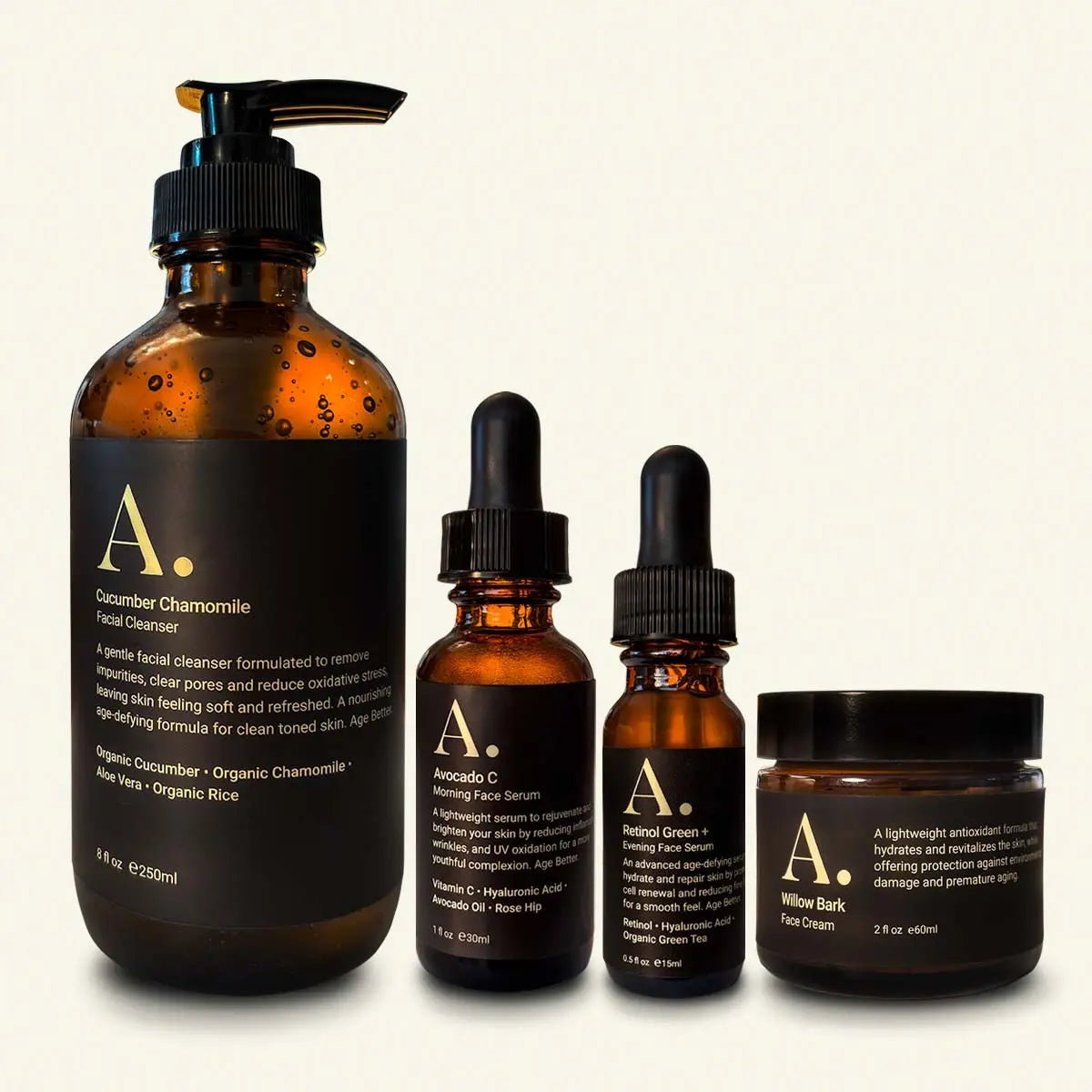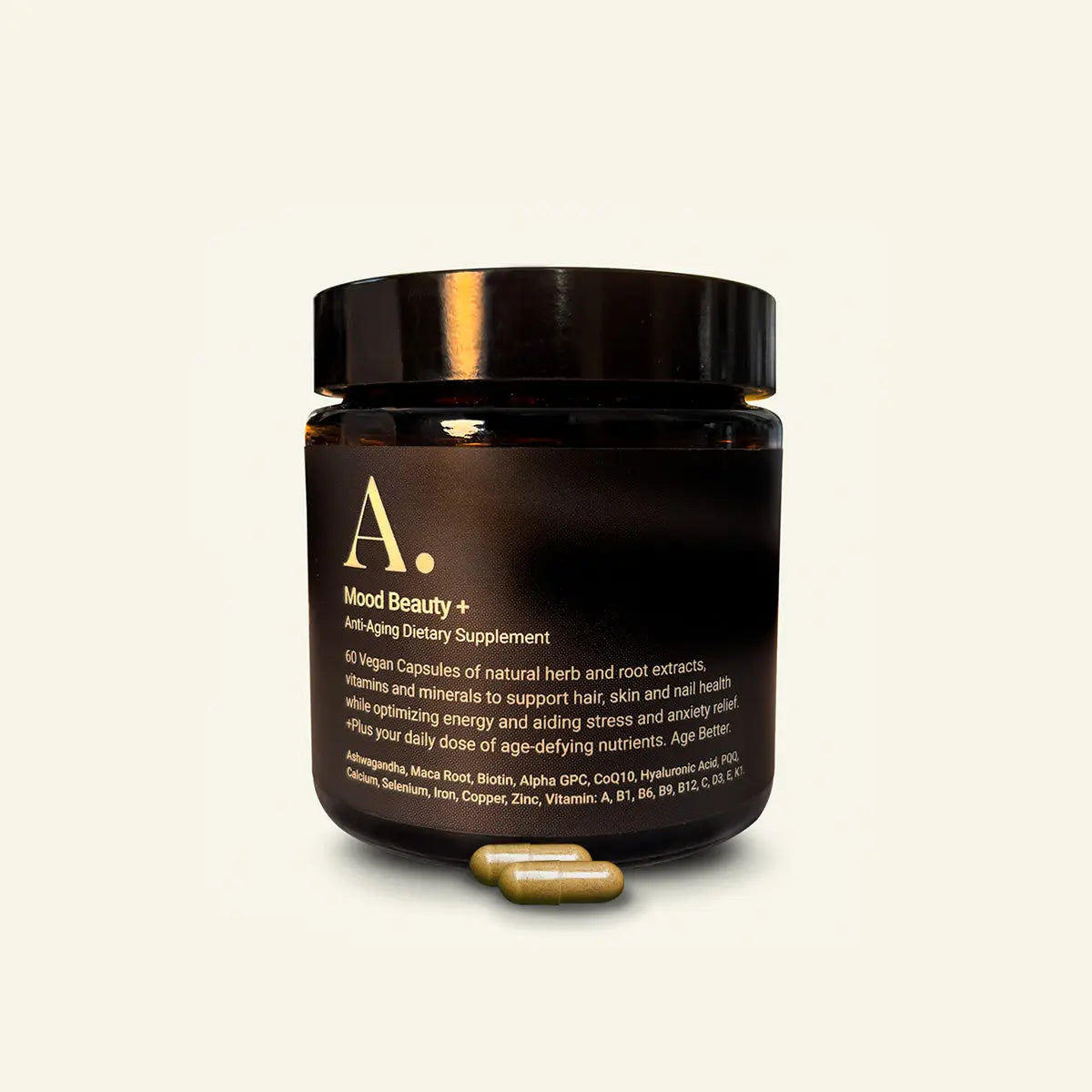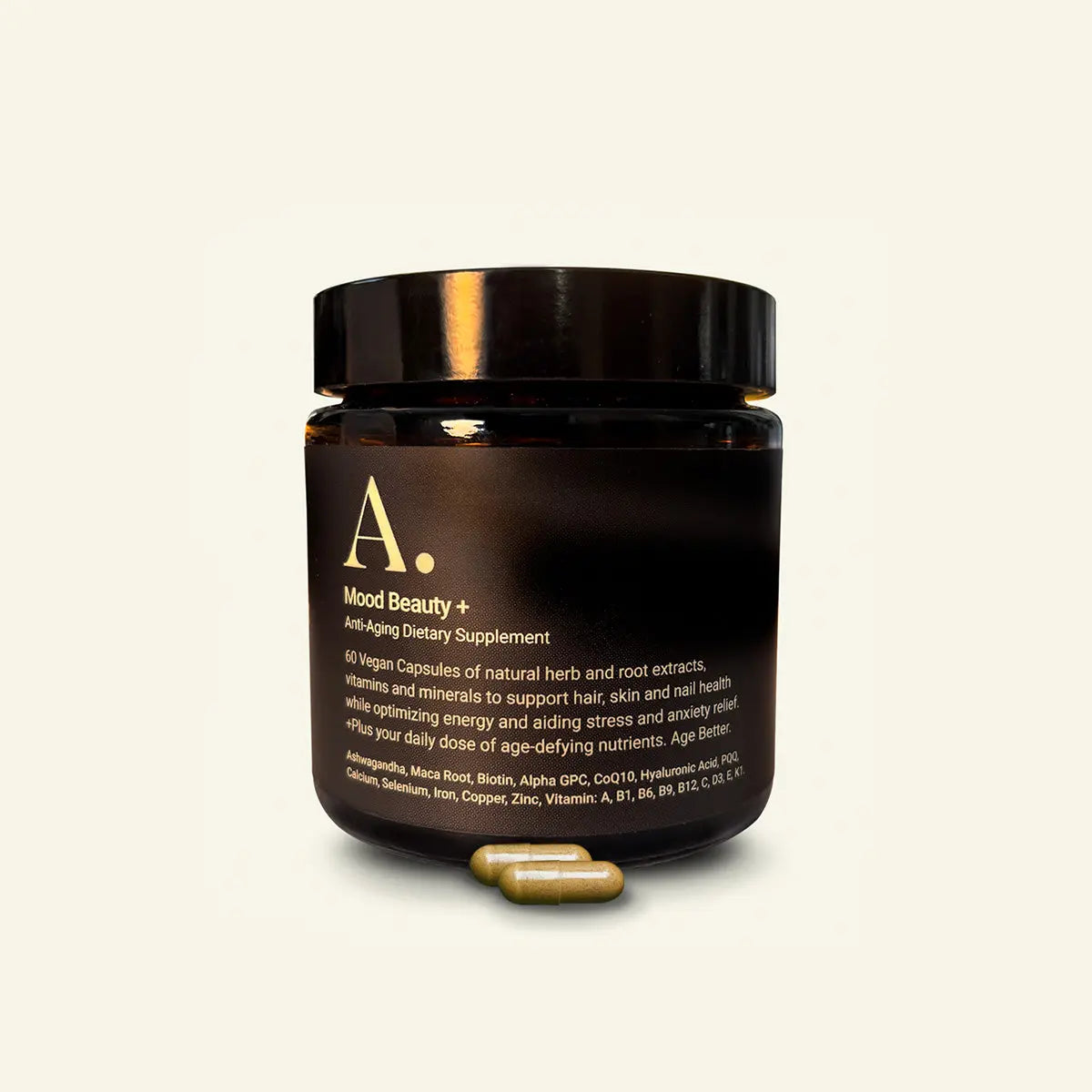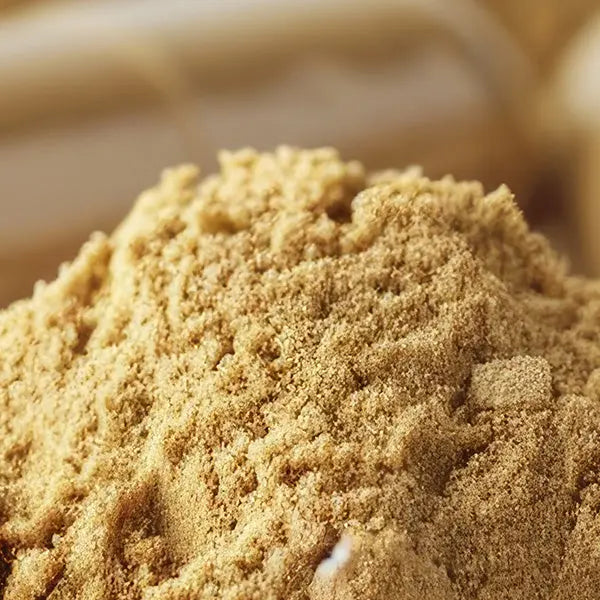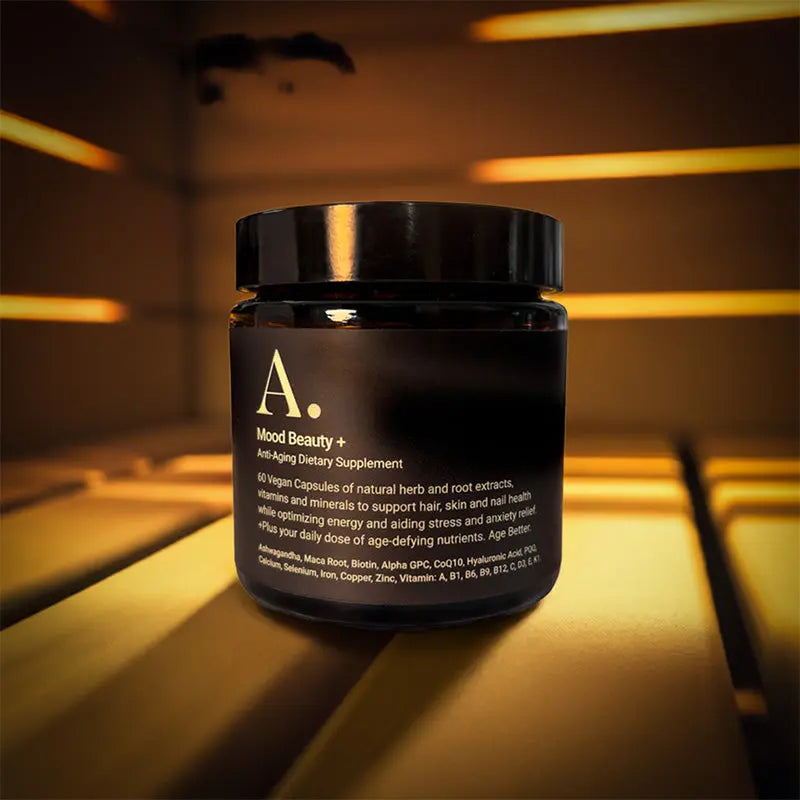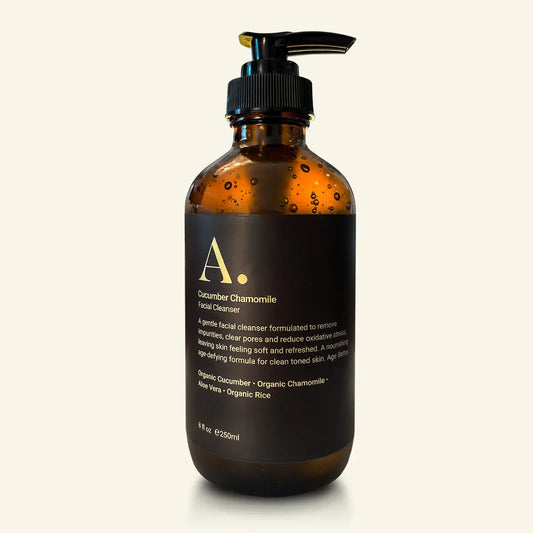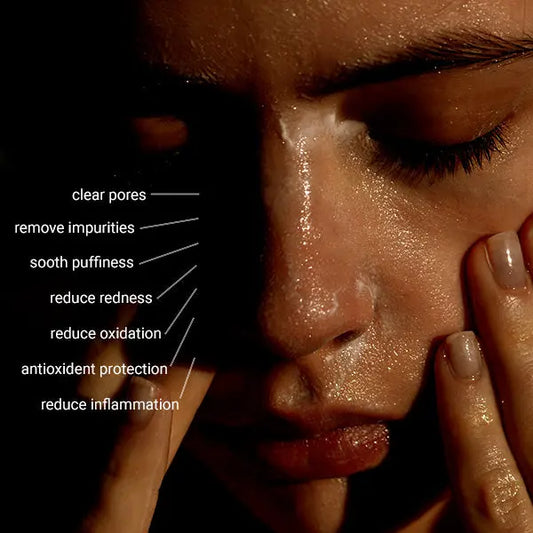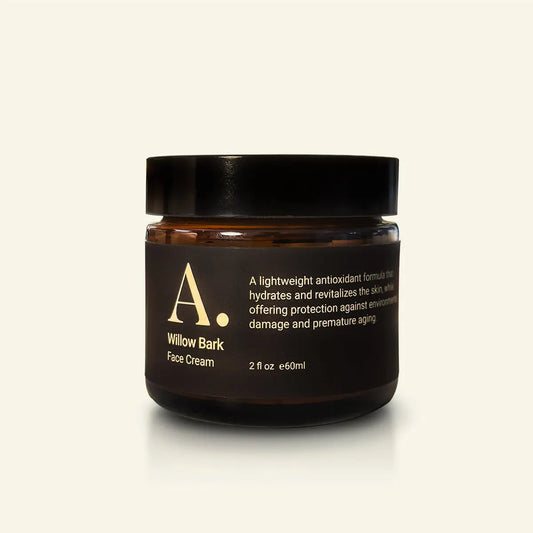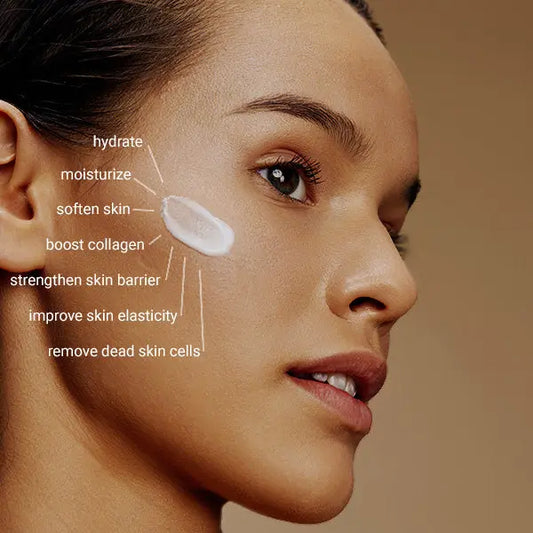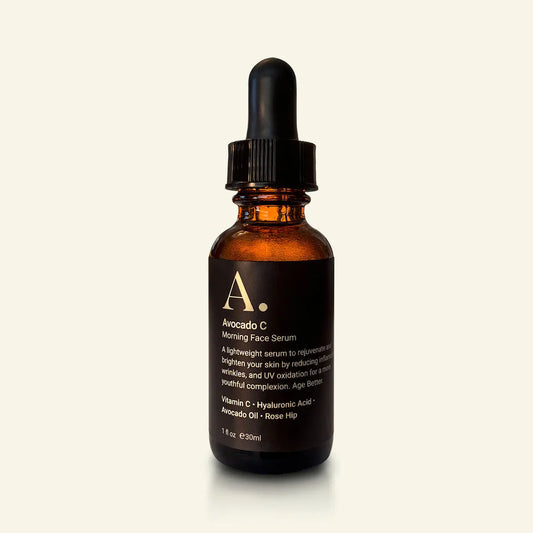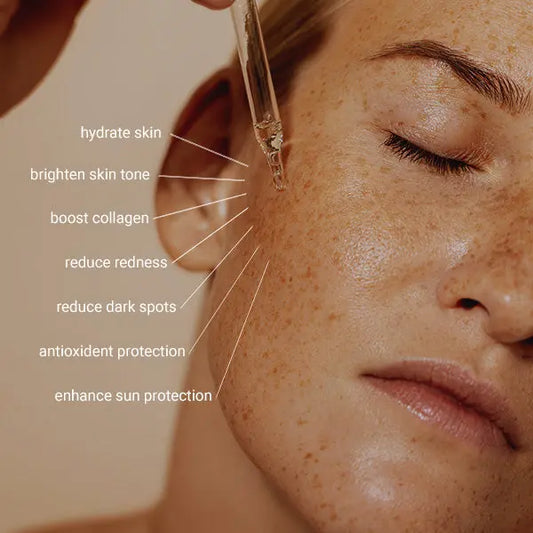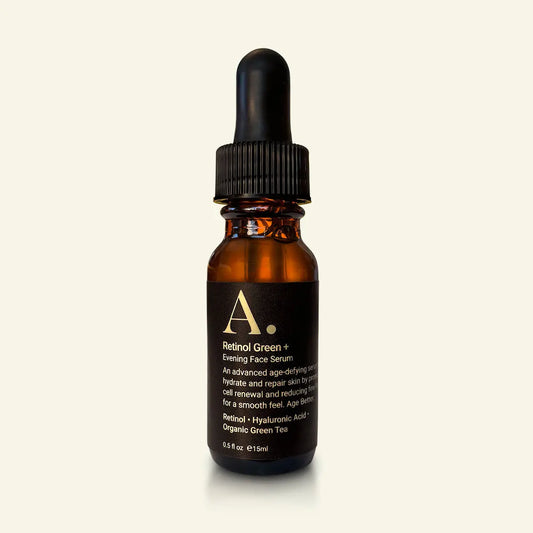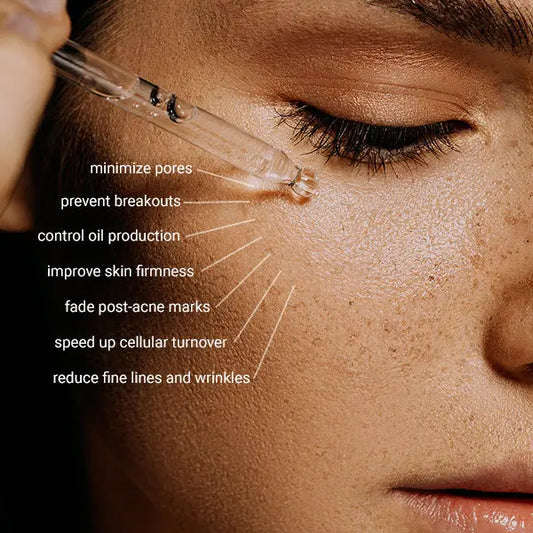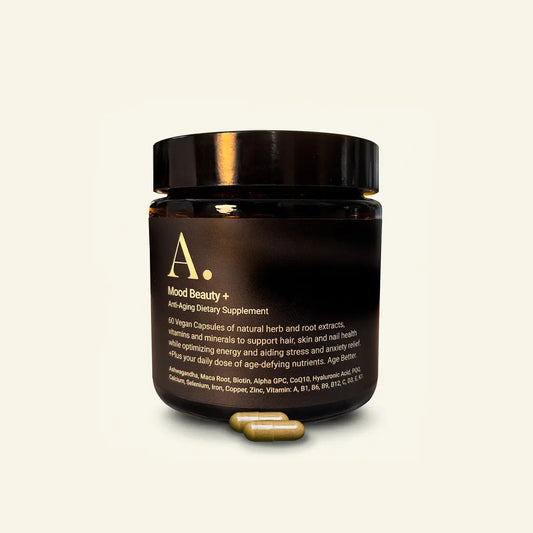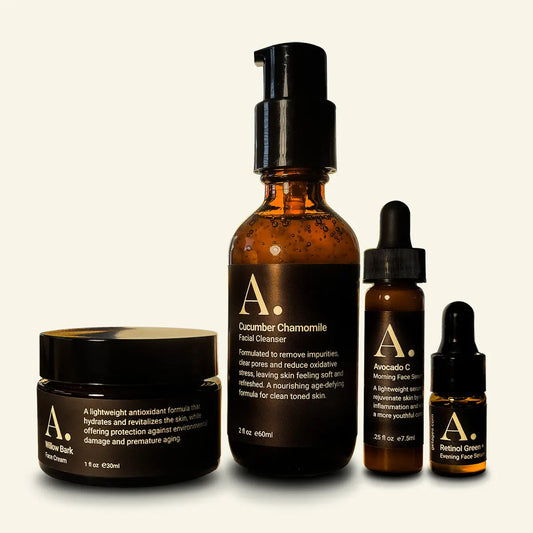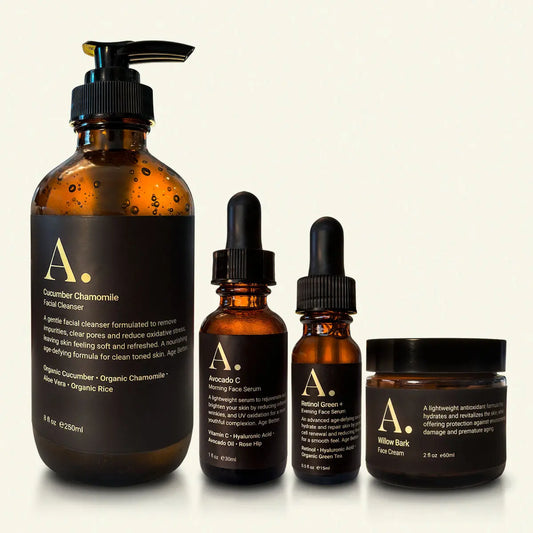
6 Best Vitamins and Minerals to Reduce Bloating
Share
6 Best Vitamins and Minerals to Reduce Bloating
Bloating is a common digestive complaint that affects people of all ages. It’s characterized by a feeling of fullness, tightness, or swelling in the abdomen, often accompanied by discomfort or gas. While dietary adjustments and lifestyle changes are essential for managing bloating, incorporating the right vitamins and minerals into your routine can significantly help reduce and prevent this issue. These nutrients work by supporting digestive health, improving gut motility, and balancing fluid levels in the body.
In this comprehensive guide, we’ll explore the best vitamins and minerals to reduce bloating, how they work, and expert tips on incorporating them into your diet or supplement routine.
1. Vitamin B Complex: Supporting Digestion
The B vitamins play a crucial role in energy production and digestive health. They help break down carbohydrates, fats, and proteins, making it easier for your body to process food and avoid bloating.
Benefits:
- Improves digestion and nutrient absorption
- Reduces gas and bloating caused by poor digestion
- Supports healthy metabolism
Key B Vitamins for Bloating:
- Vitamin B1 (Thiamine): Helps convert carbohydrates into energy and supports gut motility.
- Vitamin B6 (Pyridoxine): Reduces water retention and alleviates bloating related to hormonal changes.
- Vitamin B12: Aids in the production of digestive enzymes.
Dosage: 50-100 mg of B-complex vitamins daily, or as directed by a healthcare provider.
Expert Tip: Include B-vitamin-rich foods like whole grains, eggs, and leafy greens in your diet.
2. Vitamin D: Enhancing Gut Health
Vitamin D is essential for maintaining a healthy gut microbiome, which is crucial for reducing bloating. Low levels of vitamin D have been linked to digestive issues, including irritable bowel syndrome (IBS).
Benefits:
- Supports the growth of beneficial gut bacteria
- Reduces inflammation in the digestive tract
- Improves overall gut health
Dosage: 600-800 IU daily, or as recommended based on your vitamin D levels.
Expert Tip: Spend 10-15 minutes in sunlight daily to boost your body’s natural vitamin D production.
3. Calcium: Addressing Hormonal Bloating
Calcium plays a vital role in reducing bloating caused by hormonal fluctuations, particularly during the menstrual cycle. It also supports muscle contractions and overall gut health.
Benefits:
- Reduces water retention during PMS
- Supports smooth muscle function in the digestive system
- Promotes regular bowel movements
Dosage: 1,000-1,200 mg daily for adults.
Expert Tip: Pair calcium-rich foods like dairy products, fortified plant-based milks, and leafy greens with vitamin D for better absorption.
4. Zinc: Supporting Gut Lining Repair
Zinc is an essential mineral that supports the repair and maintenance of the gut lining. It can help reduce bloating caused by gut inflammation or increased intestinal permeability ("leaky gut").
Benefits:
- Reduces inflammation in the gut
- Supports healthy digestion and enzyme production
- Helps repair the intestinal lining
Dosage: 8-11 mg daily for adults, depending on gender and dietary needs.
Expert Tip: Zinc-rich foods include oysters, pumpkin seeds, and legumes.
5. Iron: Preventing Gas and Bloating
Iron deficiency can lead to poor digestion and bloating. However, iron supplements can sometimes cause bloating if not taken correctly. Choosing the right form of iron is key.
Benefits:
- Supports oxygen transport for optimal digestion
- Prevents fatigue and digestive sluggishness
Dosage: 18 mg daily for women; 8 mg for men, or as recommended by a doctor.
Expert Tip: Take iron supplements with vitamin C to enhance absorption and reduce stomach upset.
6. Vitamin C: Enhancing Nutrient Absorption
Vitamin C plays a role in improving digestion and reducing bloating. It also enhances the absorption of other nutrients, such as iron and magnesium.
Benefits:
- Reduces oxidative stress in the gut
- Improves nutrient absorption
- Supports regular bowel movements
Dosage: 75-90 mg daily for adults, with higher doses during periods of stress or illness.
Expert Tip: Include vitamin C-rich foods like citrus fruits, strawberries, and bell peppers in your diet.
Practical Tips for Using Vitamins and Minerals to Reduce Bloating
- Identify Your Needs: Determine the underlying cause of your bloating (e.g., fluid retention, poor digestion, or hormonal changes) to choose the most effective nutrients.
- Get Nutrients from Food First: Aim to meet your vitamin and mineral needs through a balanced diet rich in whole foods.
- Use Supplements Wisely: Supplement only as needed, and follow the recommended dosages to avoid side effects.
- Stay Hydrated: Proper hydration enhances the effectiveness of many nutrients and supports digestion.
- Consult a Healthcare Professional: Speak with a doctor or nutritionist before starting any new supplement, especially if you have underlying health conditions or take medications.
Conclusion
Vitamins and minerals play a critical role in reducing bloating and supporting overall digestive health. From Vitamin D and zinc, these nutrients target the root causes of bloating, such as poor digestion, water retention, and gut inflammation. By incorporating these essential nutrients into your diet or supplement routine, you can achieve lasting relief and improved well-being. Remember, a holistic approach that combines proper nutrition, hydration, and lifestyle changes is key to managing bloating effectively.
Ages Mood Beauty+ Anti-Aging Supplement includes all of these essential vitamins and minerals to not only help with bloating, but also provide your daily essentials to lead a healthier lifestyle. Age Well.
